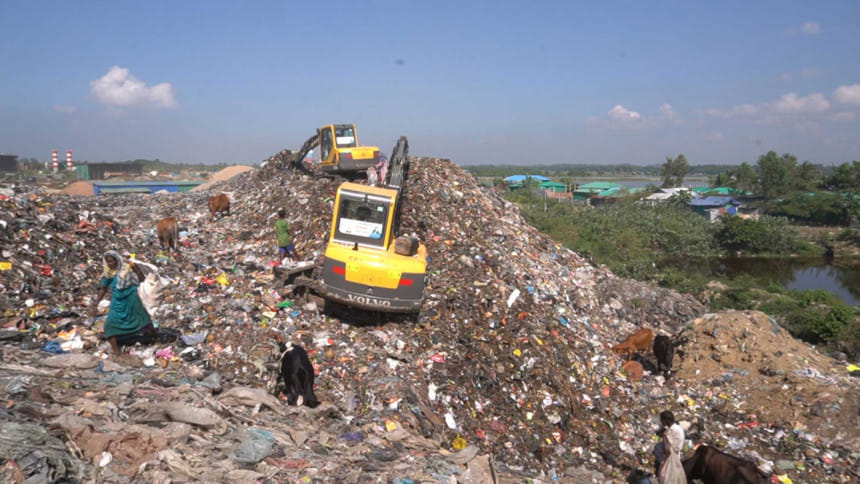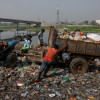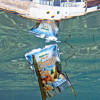Cox's Bazar: Longest beach or biggest dumpster?

Like all other developing towns and cities in Bangladesh, Cox's Bazar has been growing at a tremendously rapid rate. And, not surprisingly, its municipal services have been unable to keep pace, particularly the conservancy service. Consequently, the humongous amount of garbage collected daily is piling up by the day due to a lack of proper waste management facilities. The only recourse is the dumping ground, which, in the current state in the heart of the city, is detrimental to the environment and to public health.
Unfortunately, like most towns and cities in the country, this tourist town is going through a phase of abjectly unplanned growth and urbanisation. Every empty space is being developed as a hotel or residential building, every pond being filled up to be gobbled up by real estate companies. There are already 750 hotels and 250 restaurants, according to one newspaper, in this small township. All these are happening without following a master plan—if there is one at all. The authorities, it seems, are not alive to the seriousness of the problem.
Reportedly, a town of 200,000, Cox's Bazar is visited by 10 million tourists every year. It is, therefore, no wonder that the services would be overwhelmed by the amount of waste and garbage the tourists generate in and around the city. Reportedly, the municipality collects 90 tonnes of waste from the municipal area every day on an average, which might go up to 130 tonnes during peak tourist season. The point to note is 90 tonnes of collected waste. No one knows the amount of waste that remains abandoned in situ. The waste generation is double that projected for 2021. And, as always, there are not enough staff to handle the garbage. But that's not all: the small town produces nearly 140 tonnes of sewage every day, of which only 20 tonnes can be treated.
This is a dismal picture for the tourist town, which claims to be home to the largest continuous sea beach in the world. We understand that a master plan is being prepared for the town by the Cox's Bazar Development Authority. In the meantime, unplanned growth has taken its toll, and unless addressed promptly, may prove to be irretrievable. An advanced waste management system is imperative for Cox's Bazar, whatever the cost may be. No price is high enough, unless one wants to see this once beautiful pristine township turn dirty and filthy.

 For all latest news, follow The Daily Star's Google News channel.
For all latest news, follow The Daily Star's Google News channel. 








Comments